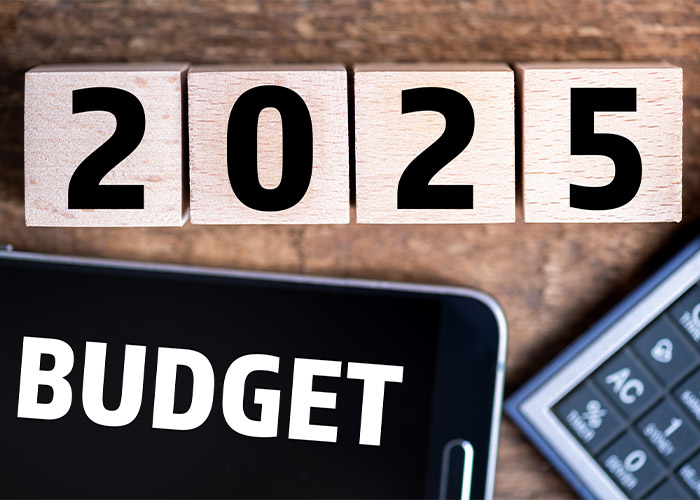Summer is a time for making memories, from holidays and days out to BBQs, birthdays, and back-to-school prep. But as the season winds down, many people are left facing the same question: how do I reset my finances after summer spending?.
If your spending got a little out of hand this summer, you’re not alone, and it’s not too late to get back on track. With a few practical steps and a plan in place, you can reset your finances, regain control, and start the new season on a stronger financial footing.
Here’s how to do it.
1. Review the Damage (Without Shame!)
Start by taking a clear-eyed look at your finances. It might feel uncomfortable, but understanding where you are is the first step towards improvement.
- Check your bank statements from the last couple of months.
- Total up your summer-related spending: travel, activities, childcare, impulse buys.
- Identify any changes in your financial commitments (e.g. subscriptions, credit card balances, etc.).
Once you’ve got the full picture, you’ll be able to make a plan with purpose.
Struggling to manage multiple debts? Explore our Debt Solutions to see how we can help.
2. Reset Your Budget
With your current situation in mind, it’s time to build a realistic budget for the months ahead. Account for your income, regular outgoings, and any debt repayments. If your spending increased over summer, now’s the time to tighten things up.
- Cut down on non-essential spending (e.g. streaming services, takeaways, subscriptions). Learn how to do a direct debit audit on the Angel Advance website.
- Set limits for categories like food shopping, fuel, and entertainment.
- Plan ahead for autumn and winter expenses, including Halloween, heating bills, and Christmas.
Use our budgeting tools to create a personalised plan that works for you.
3. Tackle Any New or Growing Debts
It’s easy to lean on credit cards or Buy Now Pay Later (BNPL) options during summer. But if your balances are growing or you’re struggling to repay what you owe, it’s important to take action early.
- Focus on paying off the debt with the highest interest first (the “avalanche” method).
- If multiple debts are becoming unmanageable, consider a Debt Management Plan (DMP) or Individual Voluntary Arrangement (IVA).
Not sure what’s right for you? Read our blog: What’s the Difference Between a DMP and IVA?
4. Build (or Rebuild) Your Emergency Fund
Summer often eats into savings. If your emergency fund took a hit, try to build it back up — even small contributions can make a difference over time.
- Set aside what you can afford each month, even if it’s just £10–£20.
- Treat your savings like a bill — non-negotiable and regular.
- Use a separate account to avoid dipping into it for day-to-day spending.
Tip: If you’re worried about energy bills this winter, start setting aside now. Our blog on Cutting Utility Costs in Summer has tips that apply all year round.
5. Plan for the Next Big Spend
Once summer ends, we’re on the fast track to the most expensive time of the year, Christmas. Start prepping early so you’re not hit with a financial shock later.
- Create a Christmas gift list now and look for sales throughout autumn.
- Try setting a weekly savings goal toward your festive fund.
- Reuse or repurpose Christmas decorations to avoid last-minute panic buying.
Don’t Go It Alone
If your post-summer finances feel overwhelming, you don’t have to struggle in silence. Many people benefit from a free, no-obligation debt advice session to better understand their options.
At Angel Advance, we’re here to help with budgeting support, debt solutions, and advice tailored to your individual circumstances. Speak to a debt adviser or explore your options online 24/7 at angeladvance.com.
Summer may have left your wallet lighter, but it doesn’t have to set you back long-term. With a little planning, a realistic budget, and the right support, you can bounce back stronger and more financially confident.
It’s never too late to reset, and Angel Advance is here to help you every step of the way.


